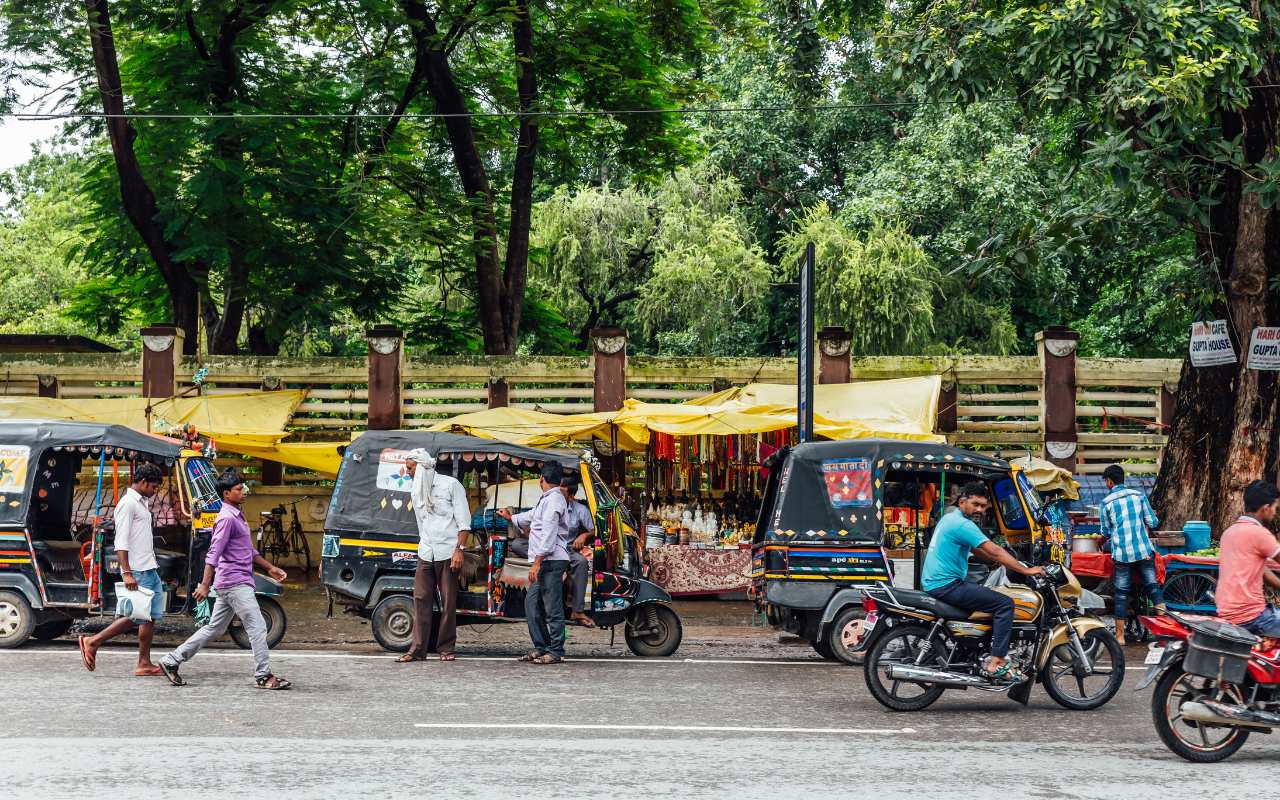Unemployment Crisis in India
Thanks to the slow pace of job growth in India, the unemployment rate remains unchanged. Unemployment in India is a serious concern and is highly impacted by the economic crisis our country is facing. Since the Indian economy is majorly a consumption-led economy as opposed to an investment-led economy; with more than half the GDP comprising of consumption expenditure, it is increasingly worrying that demand for consumption goods has reached a plateau. Moreover, a large chunk of our workforce falls into the low-income group possessing meager skills. At the same time, due to the dearth of high-skilled workforce, companies are forced to outsource jobs. It is time we do something. India must take jobs to people in the hope of improving the record-high unemployment rate at which we are—a 45-year-high.
Internal Migration and its Impact
The job scenario in India is at such a sorry state that people of all ages are forced to migrate to bigger towns, metro cities, etc., in hopes of finding a way to make a living. Most often than not, the result of this internal migration in India is frustrated workers and unavailability of decent jobs. This rural-urban migration in India can only be stopped if the industries or companies who need workers from rural places approach them with jobs that need their skills and not vice-versa.
Related Reads
- Transforming Karnataka: Building New Urban Hubs for Job Growth
- Internal Labour Migration in India: Trends, Challenges and Future Outlook
Government Initiatives and the Need for More Action
Our central government has taken steps to encourage domestic industries to employ as many people as they can in the manufacturing sector (Make in India campaign) and reduce unnecessary imports while increasing exports wherever possible. But this is not enough to make a difference if putting an end to unemployment in India is the goal. What we should instead be concentrating on is creating more job opportunities by forming industrial clusters in various parts of the country where manpower with the required skill set is concentrated. For instance, most of the workers in the textile industry are from UP and Bihar, so instead of forcing the workers to move, there must be industrial clusters where the firms and manpower are in close proximity. The industries require their services, so they must adopt the agglomeration theory in economics. This will greatly reduce internal migration in India. By taking jobs to its people, we will not only impact the lives of the low-medium income group workers but also boost production and in turn fuel demand for consumption.
The Need for Structural Economic Changes
But, could it really be as easy as it sounds? Probably not. Making certain structural changes within the economy is key. We need to put pressure on the policymakers to come up with solutions that will support the self-sustaining economies of agglomeration and help us strive towards the well-being of our workforce as well as the enterprise. The government must devise policies to help lower input costs for companies, pay competitive income to its employees, greater opportunities, and a common ground for both parties to cooperate and ensure faster growth.
Addressing the Job Scenario through Structural Changes
As for the job scenario in India, the intersection between consumption demand-supply and investment is where the most structural changes are needed to generate better job opportunities and avert a serious crisis resulting from migratory influx.
References:
- “Opinion | India must take jobs to its people and not vice-versa,” Pradeep S Mehta, 26th June 2019
- (¹) “The jobs data mystery: Understanding India’s big crisis in a fraught poll season,” Anamta Nadeem, 10 April 2019






